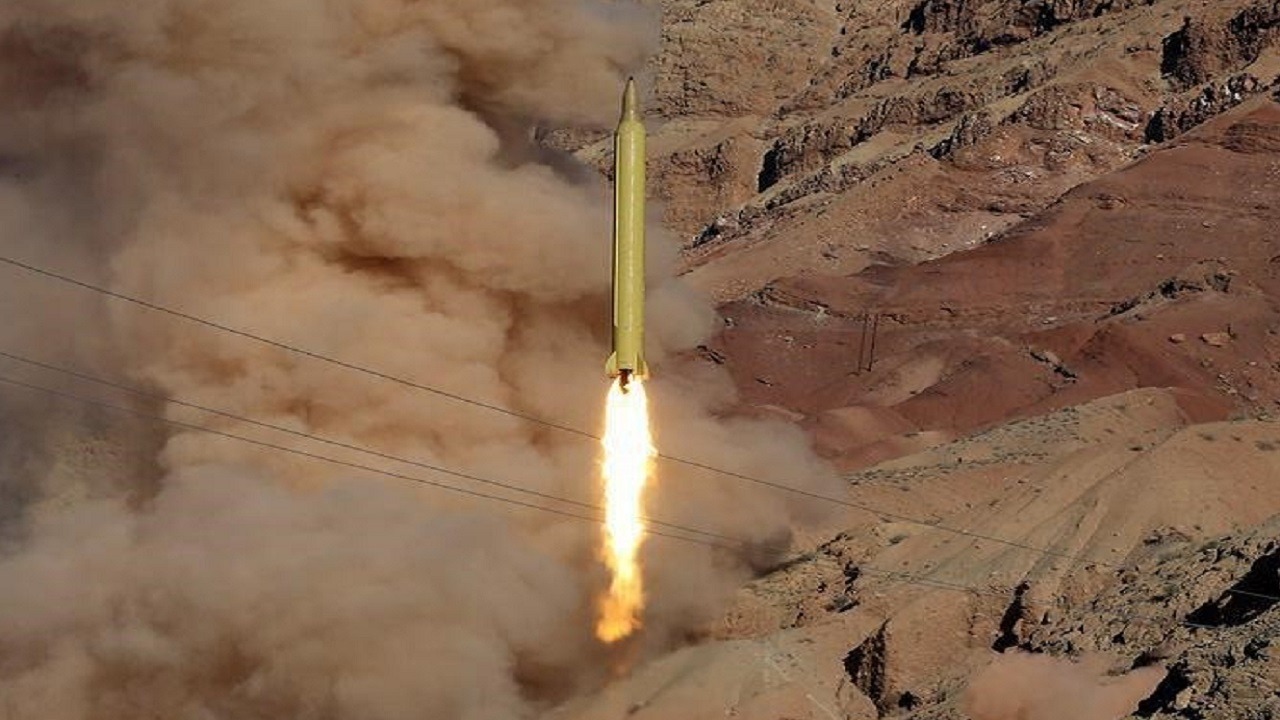Dr. Ali Mohammad Helmi, in an interview with the website of the Strategic Council on Foreign Relations, referred to the results of a poll conducted jointly by the Chicago Council on World Affairs and the Toronto-based IranPol polling company and published by the American newspaper Newsweek and noted: The poll shows that a majority of Iranians, by voicing support for the nuclear deal, oppose a new deal involving the country’s missile program and it has been proven for the umpteenth time that unlike what Western politicians think, Iranian public opinion is not with them.
He stressed: “Considering that this poll was conducted by their own institutions, it should be said that some political currents in Western countries, which analyze issues more realistically and do not seek adventure and belligerence, with these polls want to somehow influence this militant and extremist political faction that is at the helm of their country. Conducting such research works is in fact a political maneuver by groups and factions in the United States and the West seeking to curb the hegemonic power of extremist politicians.
Consequence of bad attitude towards JCPOA in Iranian public opinion
The international affairs expert said that the opposition to the missile talks emphasizes that convincing the Iranian people of political and economic pressures is a false claim and untrue, adding: The Iranian people, as well as Iranians abroad, despite living in a special propaganda atmosphere, have realized that with the signing of the JCPOA, Iran has proved that it seeks real peace and respect for international laws and regulations.
Helmi continued: Although Iran was pessimistic about the other side, especially the United States, and did not see them as honest, it signed the JCPOA and again the Western parties refused to fulfill their obligations by playing games and making excuses. This situation and the image that was displayed, due to the span of communication and media in the world, made Iranians abroad understand this issue well.
Exposing West’s deceitful policy
He said: Inside the country, the Iranian people were convinced that what the Supreme Leader of the Revolution had repeatedly emphasized that ‘they were not true to their promises and that they were seeking the return of their domination over Iran’, was completely true. In fact, in the game that the United States and Western countries played in the nuclear dispute with Iran, the duplicitous and deceptive policies of the three European countries and the United States became apparent more than ever.
Referring to parts of the poll that showed the vast majority of Iranians, 88 percent, believe that the United States, as a party which has withdrawn the agreement, should return to it first, he stressed: The United States and European countries are pursuing the same extravagance and blackmail and are seeking to weaken the power of Iran and it is very sad for every Iranian, both inside and outside the country, to see that although the Iranian nation is working hard for its development and enduring all kinds of economic sieges and oppressions, again they cannot see the progress of the Iranian nation; therefore, most of the people who took part in the poll were against Iran being deceived by the policies of the United States and the West again.
Rejection of negotiations on missile capability
Noting that 62 percent of the Iranians believed that Iran should not accept negotiations over its missile activities, he added: Certainly from the point of view of the Iranians, this is a coercive statement. The Iranians are aware that no country in the present world can negotiate, make concessions, or accept imposed conditions on the means and power of its defense.
The international affairs analyst stressed that there was no reason for Iran to accept a situation that was merely aimed at limiting its power under false and irrational excuses, adding: This is a red line for the Iranians, because they have already experienced in the period of the Sacred Defense and the imposed war how much the weakness of the defense forces and lack of advanced weapons can overwhelm the enemy. This effort is both legal and moral, logical and rational.
Helmi continued: All politicians in the world understand these issues, but the United States, the Zionist regime and those two or three dominating European countries, which also have a colonial history, do not really want to see Iran’s independence and progress.
Saying that at no time and under any government, Iran will not accept negotiations on its missile capability, and this is an inalienable right that the Iranian nation should have, he stressed: Incidentally, the insistence of the United States and the West on weakening Iran’s missile capability has raised awareness among Iranians around the world and they have developed greater convergence, harmony and empathy, and consider missile power to be their country’s strength.
Underlining the importance of relations with China
The international affairs expert also said that according to the poll, 83% of the Iranians considered relations with China important, pointing to some positions taken by politicians and the Western media against such relations and the 25-year cooperation document, adding: The Iranians know very well why to this extent the United States and those three Western governments are angry and worried about the rapprochement and development of Iran-China relations. Because Iran has overcome the challenge that they thought was created for it by fragile sanctions, and has been able to manage itself in terms of foreign relations and relations with countries.
He stressed: Iran always seeks development within the framework of independence and national interests and in accordance with international regulations. Certainly, cooperation between China and Iran is in the interest of both countries, and therefore it can be said that this is a golden opportunity, and one should not pay attention to the false analyzes that the West deals with and encourages.










0 Comments